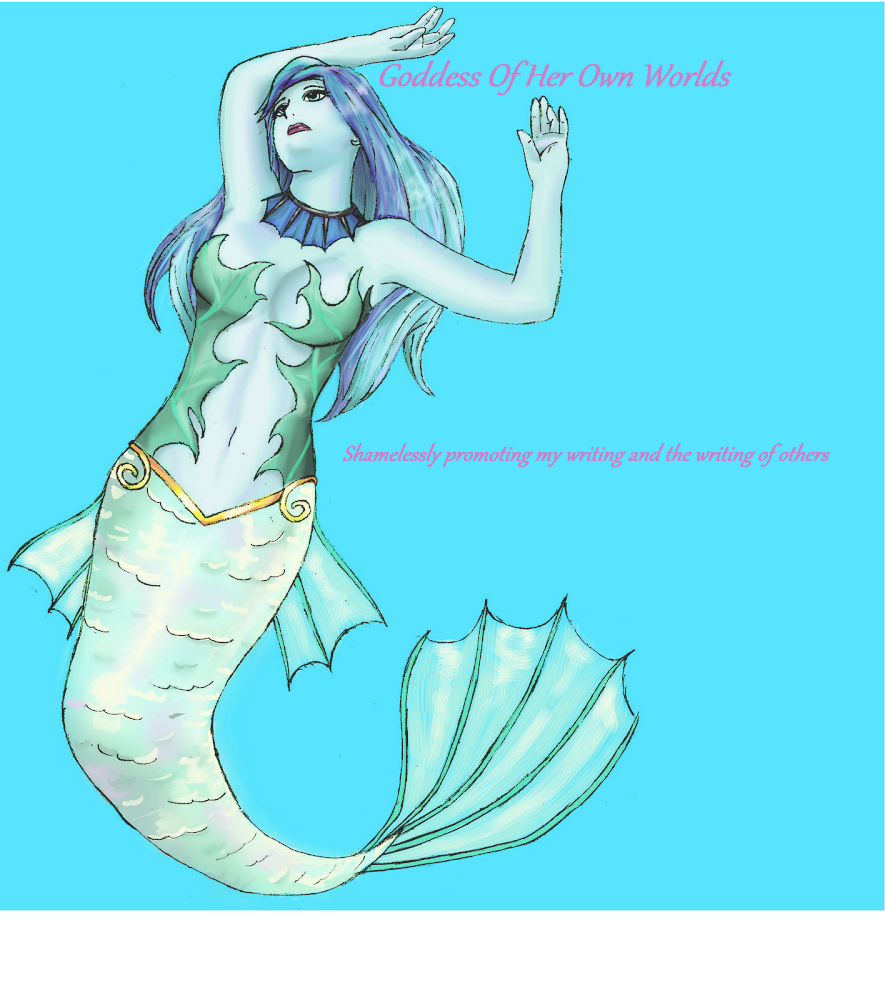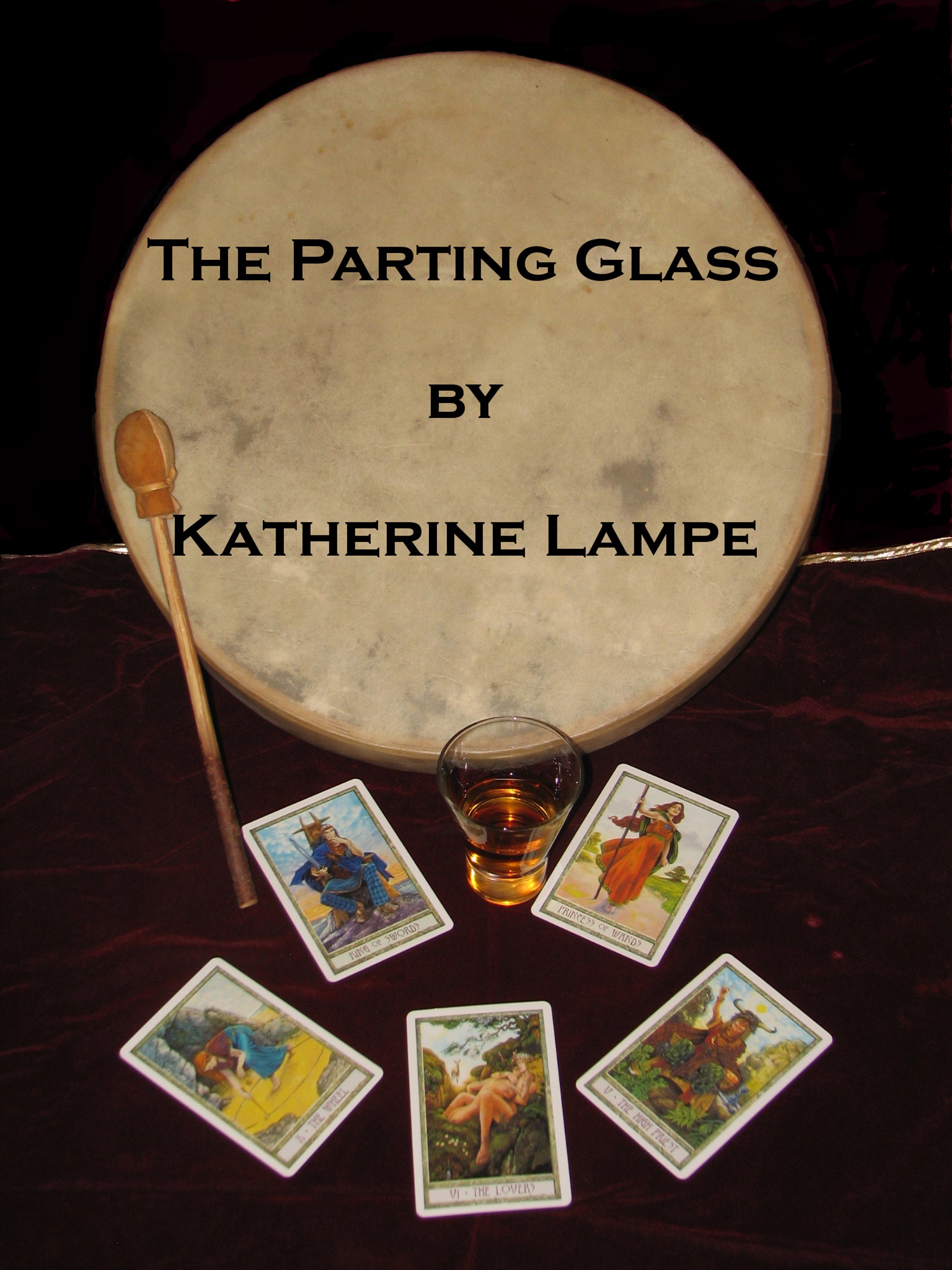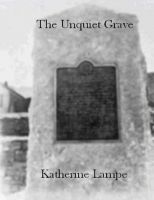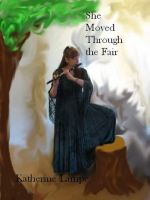Novel Bible
I never thought I needed one when I first started to write but eventually I realized that since I was writing serials, that it was becoming harder to keep track of bits of information that I'd made up years ago when the ideas were first flowing out of my head. I also realized that it was a much easier way to not only keep track of story information, but of character information as well. After researching how to create one, I made one of my own. However, whereas others have created one for each story they've created, I built my first one solely around one world.
Why did I do this? I did this because a number of my stories interconnect and the characters repeat themselves along the way. I did this for my own sanity. Later, I may break it down further, separating the serials from the stand-alones that happen in the same world. For me, this one bible keeps track of the entire world, which encompasses eleven continents and the information inside is repeatable and truthfully, I don't feel like writing out the same thing for every single novel bible. However, my approach may not work the same way for you. These are some ideas to help get you started, both for stand-alone and serial/sequential novels.
Basic Supply List:
Binder (I think mine is a 2")
Loose Lined Paper (You know the packs I mean that you get for $1.50)
Pencils (I prefer mechanical when it comes to writing things. The reason for the pencil is because you can easily erase and make changes unlike with pens)
Permanent Marker (Preferably Fine Point)
Snacks and Beverages (You may be at this a while)
Patience (It takes some time so take breaks if you start to get frustrated)
Additional Supplies:
For my binder I needed a little something extra than your basic dividers, so, I created my own using Card Stock and Post-It's Hanging File Folder Tabs. This was needed to help me just divide the sections for easy access.
I also use Sticky Index Tabs to label my pages further. I did this first before even doing the dividers, but then again, I've a tendency to do some things out of order, lol.
Now that you've gathered your supplies, including snacks, it's time to start putting it all together.
I've seventeen different parts to my binder under two different indexes:
Index One
Part One: World Information
Part Two: Trade and Resource Information
Part Three: Magic
Part Four: Divines
Part Five: Kingdom Information
Part Six: Legends and Lore
Part Seven: Creatures
Part Eight: Languages
Part Nine: Settings
Part Ten: Outlines
Part Eleven: Timelines
Part Twelve: Maps
Index Two
Part Thirteen: Character Appearances
Part Fourteen: Main Characters
Part Fifteen: Secondary Characters
Part Sixteen: Tertiary Characters
Part Seventeen: Family Trees
You'll notice that what I have may not necessarily apply to you. For instance, I have a languages section because in my world some of my countries have their own native names for things and thus why I need to keep track of it.
However, the most essential are:
Parts One through Seven, Fourteen and Fifteen. Those are the bare bones to any bible. Some more information as to what's involved:
Part One: World Information
This section contains all your basic information on the world you've created. This includes all the continents and cities involved in your novel. Under each heading you'll have a short blurb about the kingdoms (if it's a fantasy), general location and a very brief statement on its history, allies, rulers and enemies.
Part Two: Trade and Resources
In this section, you'll list the resources available in your country. For help with this, it's recommended that you research countries with similar climates to yours to see what they have in real-life to give you some insight. Next you'll be able to figure out what the countries lack and what trade resources are being imported and exported.
Part Three: Magic
In most fantasy novels, this is a very large section. You've different types of magic systems for different species and classes. Or, you've very simplistic magic that is based on more scientific realism. Either way, it will take a bit to write it out if you have it.
In science fiction, this section can be replaced by Science and Technology, making real your new advances in science and working them out here can make things a lot easier down the road.
Part Four: Divines
This is the home of all your deities and their powers. Write down just enough detail on who they are, where they live and the powers they possess to get by while working in the novel. Sometimes they may end up being more detailed that you'd originally believe, especially if they have such crucial roles in the novel but that's okay; write it down.
Part Five: Kingdoms
This is where the most detailed information on your countries and their kingdoms lies. Everything from it's history, to it's rulers and how they came to rule; the culture and religions. Everything that makes up this place goes here. Depending on how many their are, it can be quite extensive, especially if there's many key players in your novel.
If you're writing serials, it's a good idea to keep track of the events that will happen in this novel as it will come in handy when writing the next one or five that come along. If it helps, you can sub-head the changes that will occur as the story progresses into each different chapter in the kindgom's history.
Part Six: Legends and Lore
This is where you detail out the major events that precursors the start of your novel. Important events that happened in the past, especially those that may elude to events in your novel. Prophecies are included in this section as well should their be any.
For science fiction, this section could contain any Armageddons that have occurred before the start of your story.
Part Seven: Creatures
If you're making up beings of imagination, this is where you list them. Write out the details of the creature, their names, characteristics, powers, traits; just like you would a human only with your made-up beasts and ghouls.
Those writing science fiction can list their alien species here that your travelers may encounter.
Part Eight: Languages
If you've a culture that's using a different language, this would be the place to work it out. For me, I've Amazonian and Cyanese languages. I may have an additional language in one of my other continents but it's not yet known.
This section is especially useful for science fiction writers with varying species that have their own languages. Some may have complete syntax whereas some of us may just have a few native words or phrases we use in place of English.
Part Nine: Settings
Here you can write down the descriptions for the major and minor settings. This comes in handy when your characters start off in one place and don't return for a time. You can easily reference what the places looked like when your characters return or if you've a random thought about it before you're characters are ready to get there.
Part Ten: Outlines
A place to reference story outlines. They're easy to locate and don't get lost.
Part Eleven: Timelines
Keep track of the time your characters spend away or in any given place. Timelines are easier to do as you write the story rather than after you've written them. Add to them every time a major length of time passes.
Part Twelve: Maps
If you've drawn maps of your worlds, put them here to reference at a moments notice.
Part Thirteen: Character Appearances
I find this part useful when writing serials and sequential novels because its a quick reference guide as to who is appearing in which book. Using the novel heading at the top, I list the Major, Secondary, Minor and Tertiary characters in the novel. If more come along, then I list them as well.
Part Fourteen: Major Characters
This is where I list and complete all the biographical information on my major characters. Their ages, genders, eye and hair colour, personalities and birthdays. Fill out all the relevant information, including if they have pets or horses.
You can also list any familial relations, professional groupings and religious affiliations the character may have or belong to.
Major Secondary Characters also belong in this section as well. Even though they aren't the main protagonists, they are important to the story. You may also list your antagonist here as well depending on how relevant they are at the time.
Part Fifteen and Sixteen: Secondary and Tertiary Characters
Same information as with the major characters but you don't need as much information as they lessen in importance the further away from the major characters they are.
Part Seventeen: Family Trees
Family Trees help you to see the familial connections between characters. If they've an ancestor who is an important historical figure or did something that effected the present which your character lives in now, then it's fun and nice to see where they are connected and how.
Now, using my sticky index tabs, I group together my information within the major index dividers. Using permanent marker, I would write on one colour the names of the continents involved in the World Information. With other groupings I would write: Magic - Fae, Magic - Quandhai, Magic - Shamaness; all of these are connected under the Magic heading but they are different categories within it. It makes for much quicker and easier referencing when writing.
Next I created my divider headings to group the smaller indexed groups together into their collections. Once I know what headings are within my two main indexes, my world separated from my characters, I list what's under each index and what's within each category. It gives me a quick glance view as to what's inside my bible in case I'm unsure if I have all the parts that I need.





